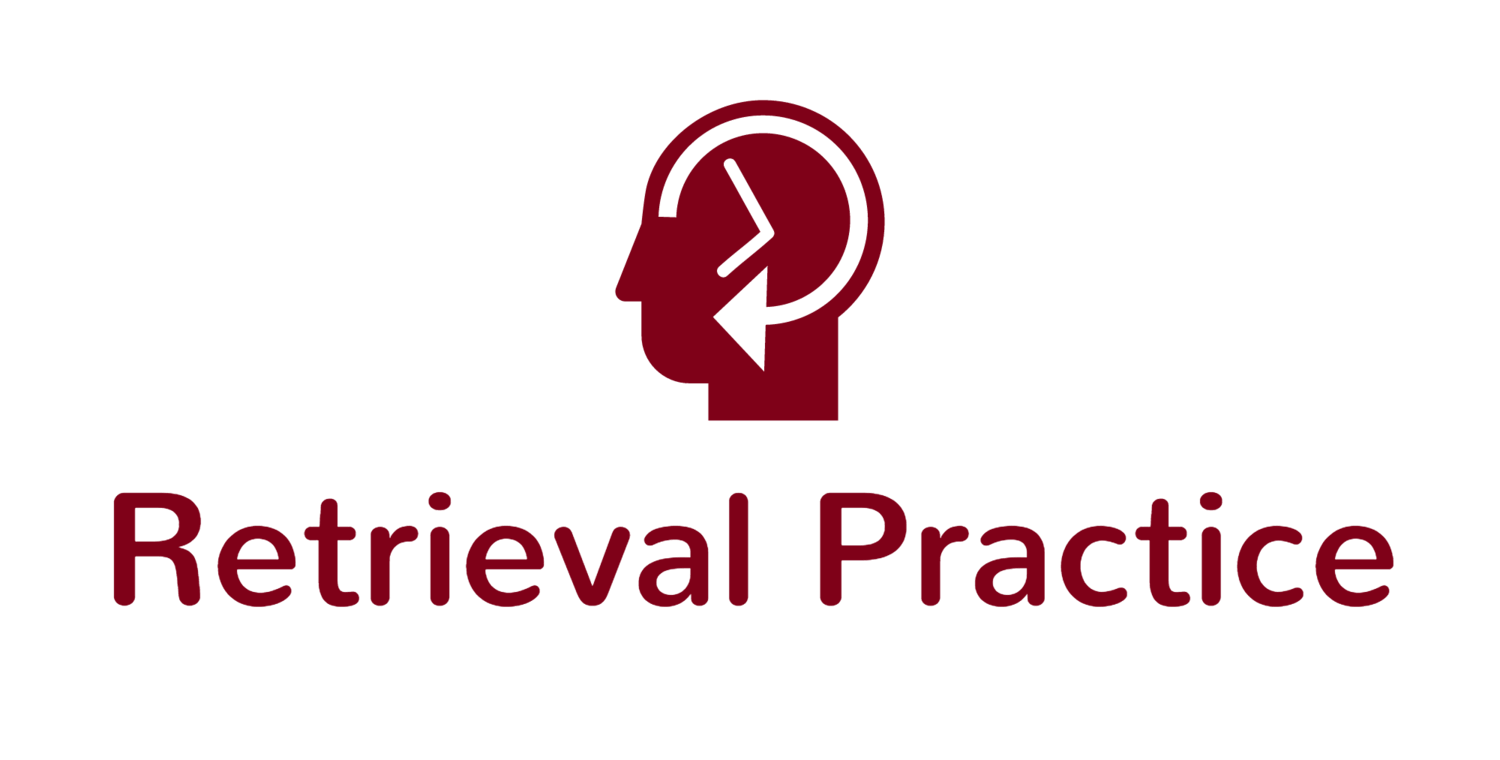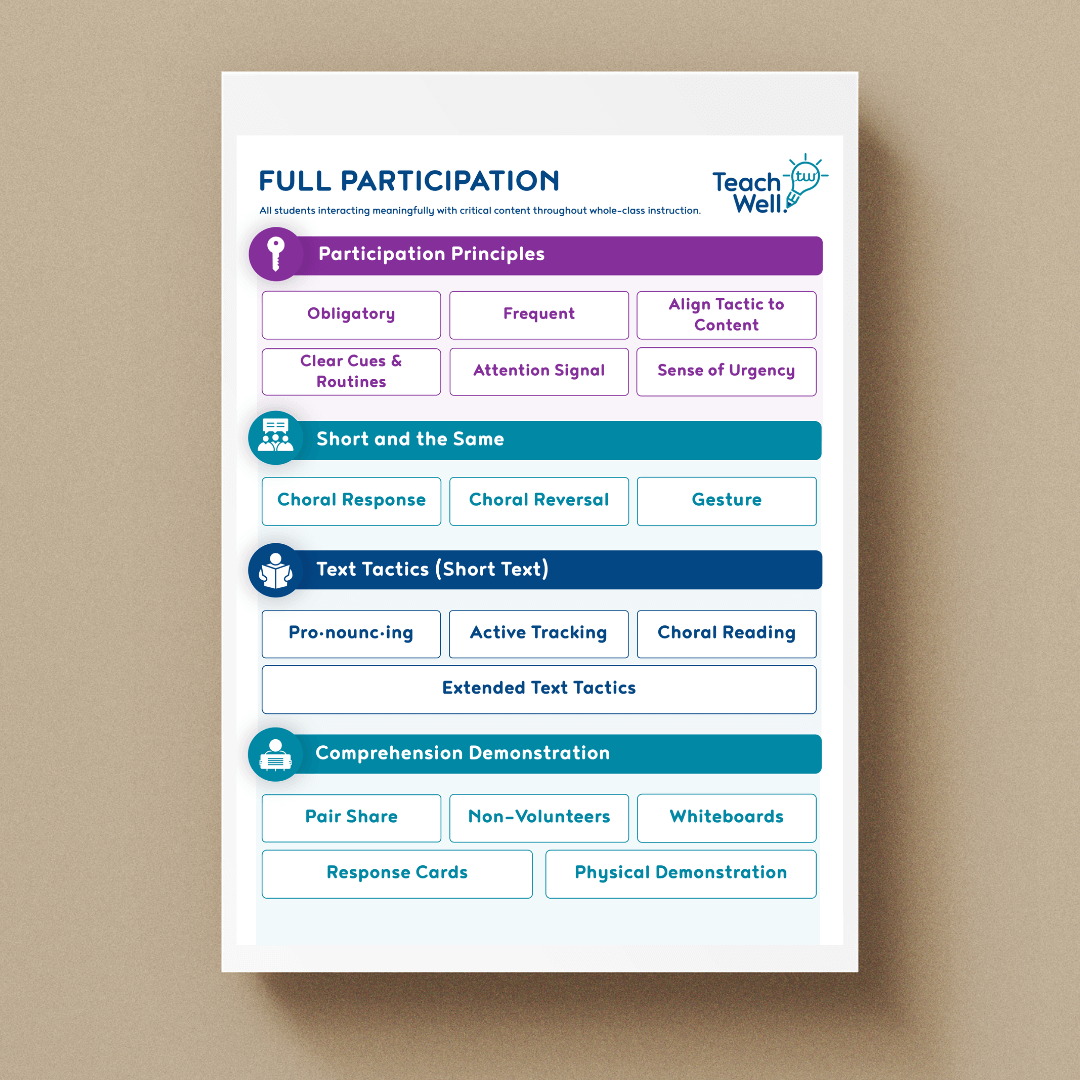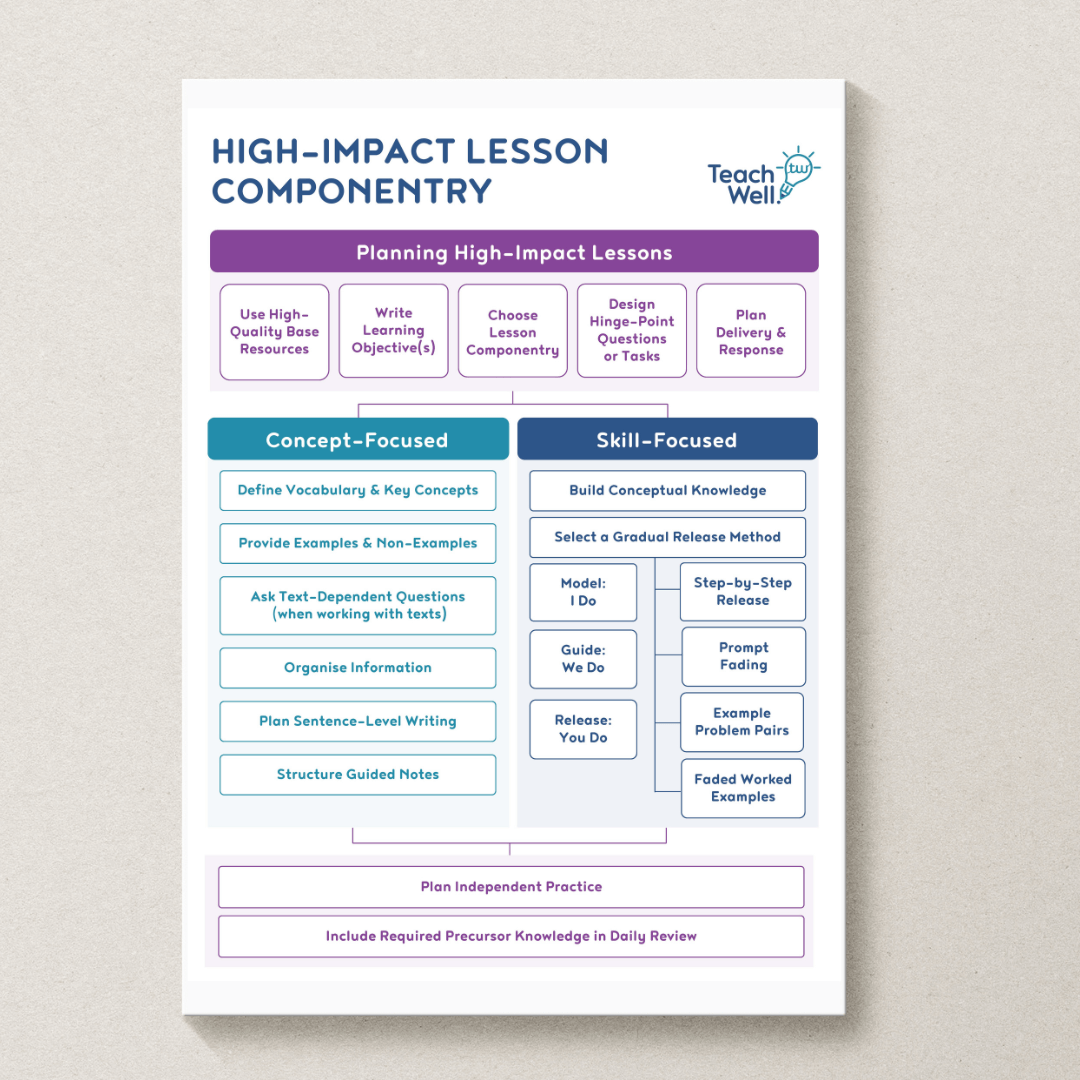
The Role of Knowledge, Retrieval Practice & When Students Get Busy Tricking
This week we had our second alumni seminar for the year: “Promoting self-regulation and independence through high-impact instruction”. We looked at key high-impact instructional strategies that promote self-regulated learning and increase student independence. It’s so great to see so many alumni from our first cohorts in 2019 staying in touch too – it’s hard to believe this is Teach Well’s fifth year!
Three resources for our alumni

How knowledge helps: it speeds and strengthens reading comprehension, learning – and thinking
How does knowledge help learning? In this article Cognitive Scientist, Daniel Willingham, takes us through the research on why knowledge is essential for learning. Willingham steps us through how knowledge improves thinking by freeing up space in our working memory, with specific links to how this can support problem solving in Maths and Science. We love implications from cognitive science that inform classroom teaching practice…

What should you do when your students can’t retrieve anything?
We know that retrieval practice and its related ‘desirable difficulty’ is vital for long-term learning, but what do you do when students’ minds go blank during an in-class retrieval practice activity? In this short read, Pooja Agarwal (PhD and cognitive scientist) steps us through four simple techniques to support students during retrieval practice. As a bonus, Pooja also includes what to do when some students retrieve more quickly than others.

Busy tricking during the Do Now
‘Busy tricking’, the clever term coined by Adam Boxer, science teacher and author, is what students do when they give the outward impression that they are engaging with work but are in fact doing things that avoid thinking. What can you do when your students spend all the allocated time in a short ‘Do Now’ task or the ‘Apply’ section of a Daily Review? Read this article for some simple yet effective solutions to ‘Busy tricking’.


